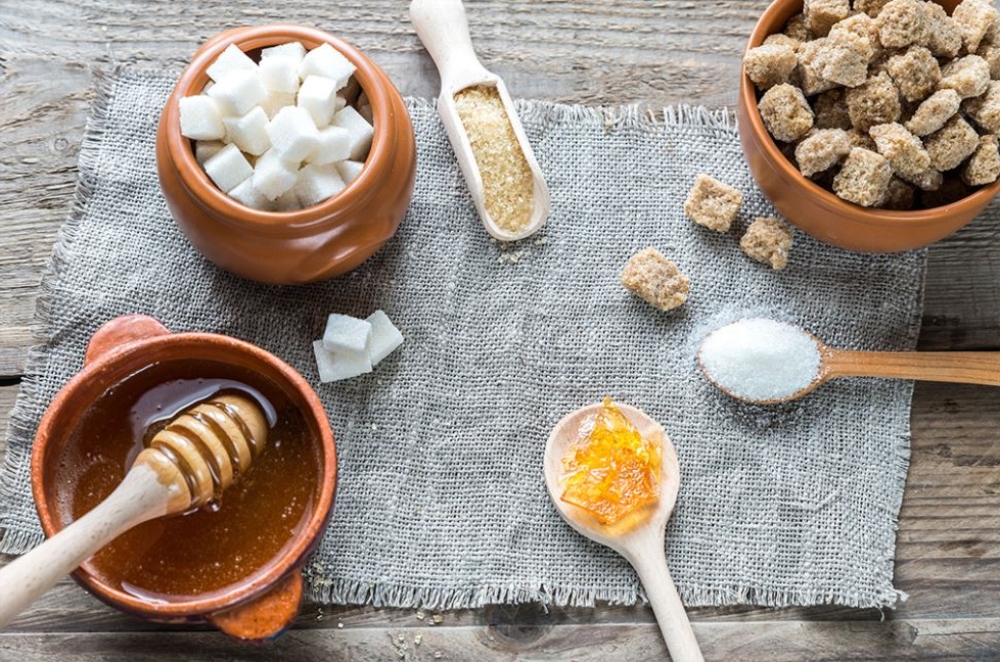
5 Best Sweet Alternatives To White Sugar
Are you a sugar junkie? Maybe it’s time to look at some healthier alternatives.
Eating too much sugar is a health risk that we all need to be aware of. In today’s modern society our reliance on convenience foods, and unhealthy lifestyles, can put us at risk for developing a range of serious diseases – from diabetes to heart disease. It’s not only the sugar we add to our daily tea, or coffee, that can be a risk –
There are many hidden sugars in processed foods, today, from ketchup to artificial sweeteners in low calorie food products. Both are “added” sugars, that are not especially needed, but make products more palatable.
Many healthy eating plans aim to cut out sugar, altogether, from modern diets. So, if you’re following a strict eating plan, or looking for an alternative way to sweeten your meals, that is healthier, consider using natural, organic sugars, sweetness and syrups.
Honey: Raw
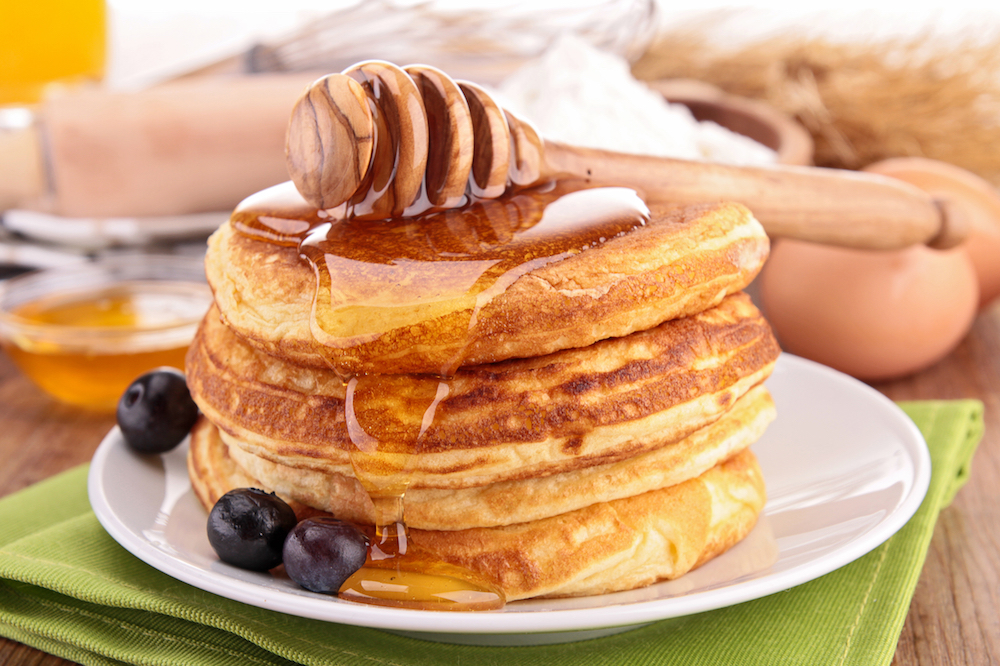
Yes, it is naturally sweet, and the nectar of the God’s, but, this an all-natural food, yes, food, is very good for you. Honey is not only delicious to eat, drizzled over pancakes (hopefully low G.I.!), or added to tea, but is packed with health benefits. It contains anti-oxidants, and amino acids, as well as supporting your immune system, and can even help with allergies (University of Texas.)
You need to purchase locally sourced, raw honey, for this benefit – as the pollen collected by bees, will be native to their specific area. But, generally, regardless of where your honey is from, it has many health benefits, so consider adding this natural wonder supplement to your diet! Why don’t you try it now in some easy and quick recipes? Bee healthy, eat honey!
Stevia
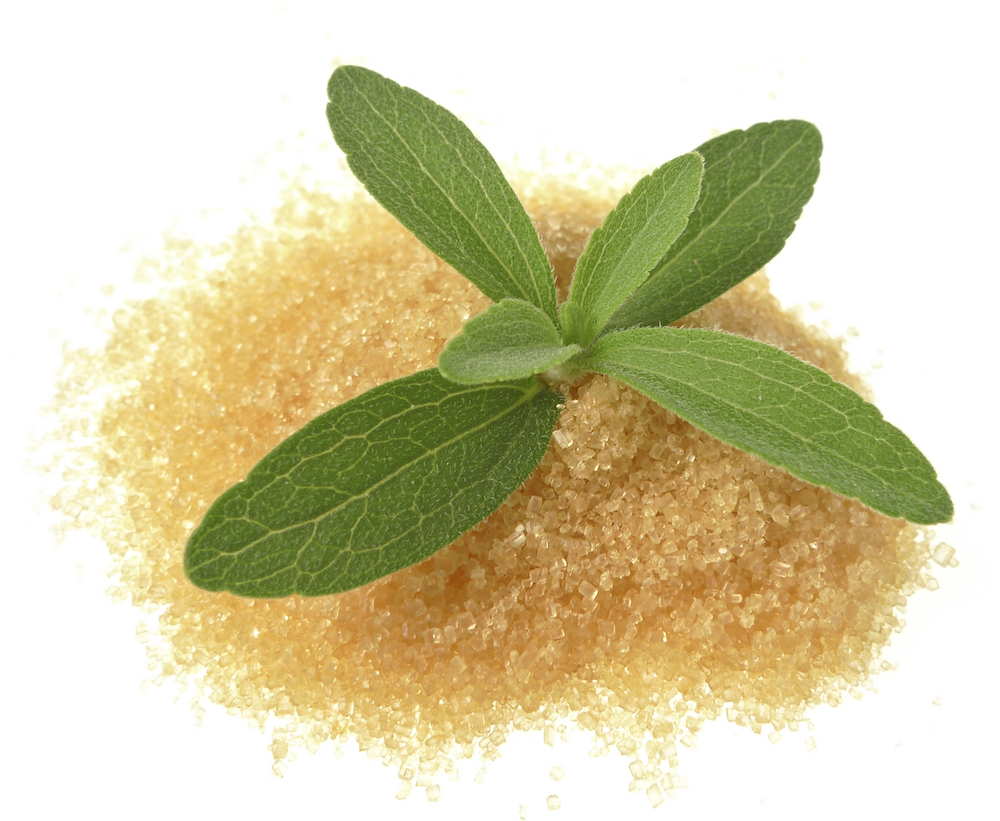
Is extracted from a plant, and is a “zero calorie ‘natural, sweetener. It’s available in different flavors such as chocolate, raspberry and vanilla. It’s strongly recommended as a sugar alternative, especially if you are watching your blood sugar levels. (Diabetic friendly.)
There is a Stevia version of Canderal, the popular artificial sweetener. There have many questions raised regarding the chemicals used in manufacturing artificial sweeteners, and their impact on health.
Stevia is a safe, natural, diet-friendly, sweetener that can be used as a sugar substitute. It is very sweet, though, so it is best to use sparingly, and according to your own personal taste.
Dates
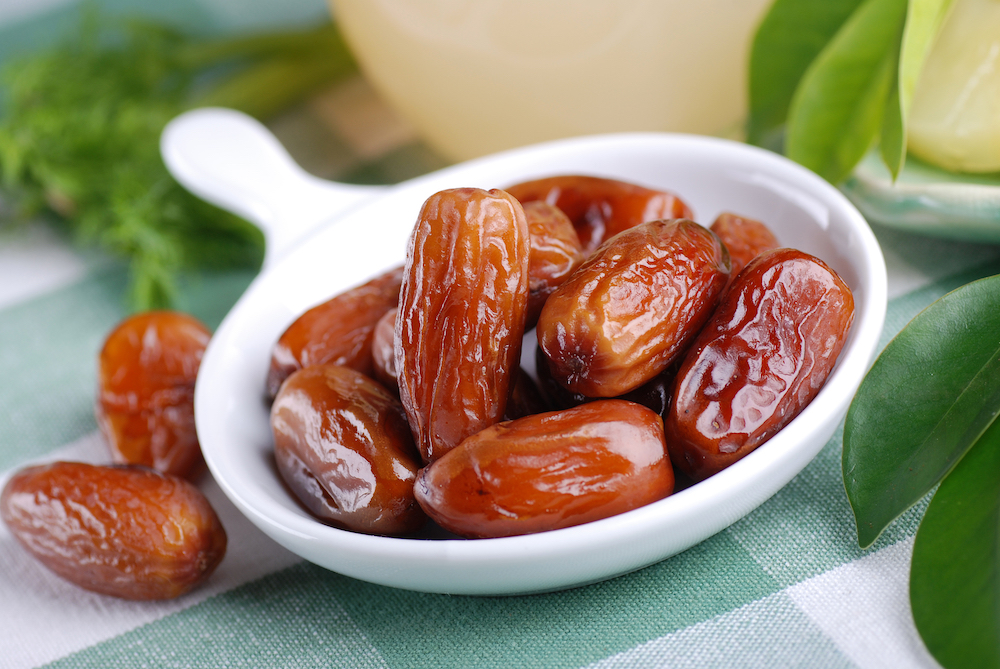
Like any fruit that has been dried, the fruit sugar concentration is much higher, so you need to eat them in moderation, or you will gain weight. Dates, however, are also rich in fiber and potassium.
Dates can actually help to regulate blood sugar, as well as help our bodies detox. The minerals, and fiber, are added nutritional benefits, which make adding dates to your diet, or using them as a sugar substitute – in smoothies, and, baking – or as a healthy treat, a great choice.
Dates are delicious, and help lower cholesterol, as well as relieve constipation. They are naturally sweet, and widely available, and also help to balance the electrolytes in our blood. Had a heavy session at gym this morning? Consider munching on a date and coconut ball!
Coconut Sugar
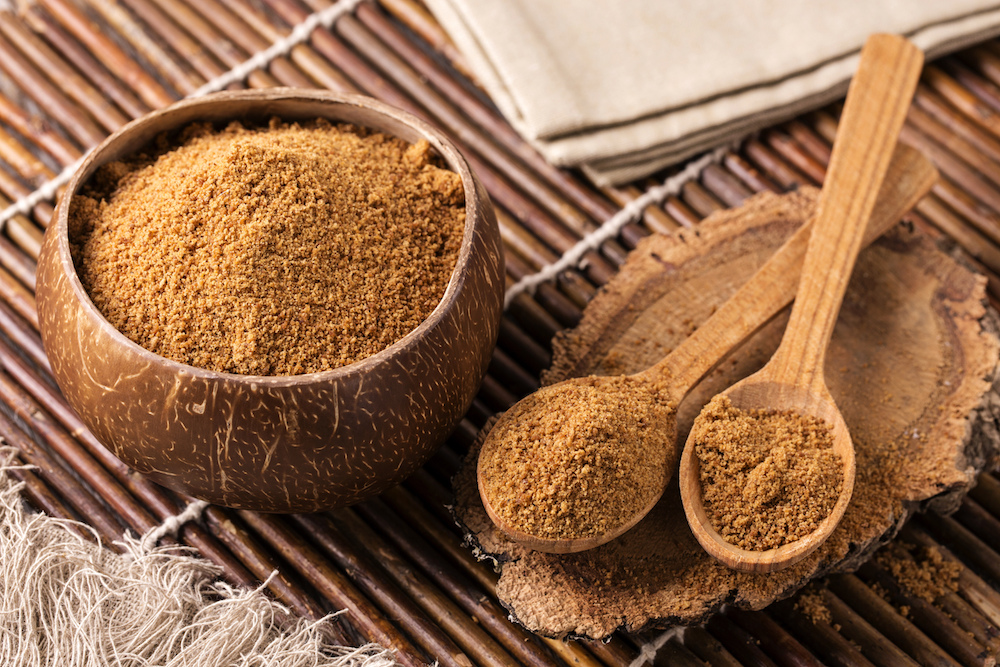
Coconut sugar is a non-GMO, vegan friendly, lower GI sugar alternative that has many more health benefits than processed white sugar. It is extracted from coconut liquid and contains high amounts of potassium.
Coconut water is super healthy and hydrating for your body! Just think about what coconut sugar could do! The next time you have a hankering to make something sweet, consider using organic, coconut sugar – the low GI rating means it will give you more energy, for longer, and it’s easier to digest too. Winner winner, coconut sugar! Yum, yum.
Maple Syrup
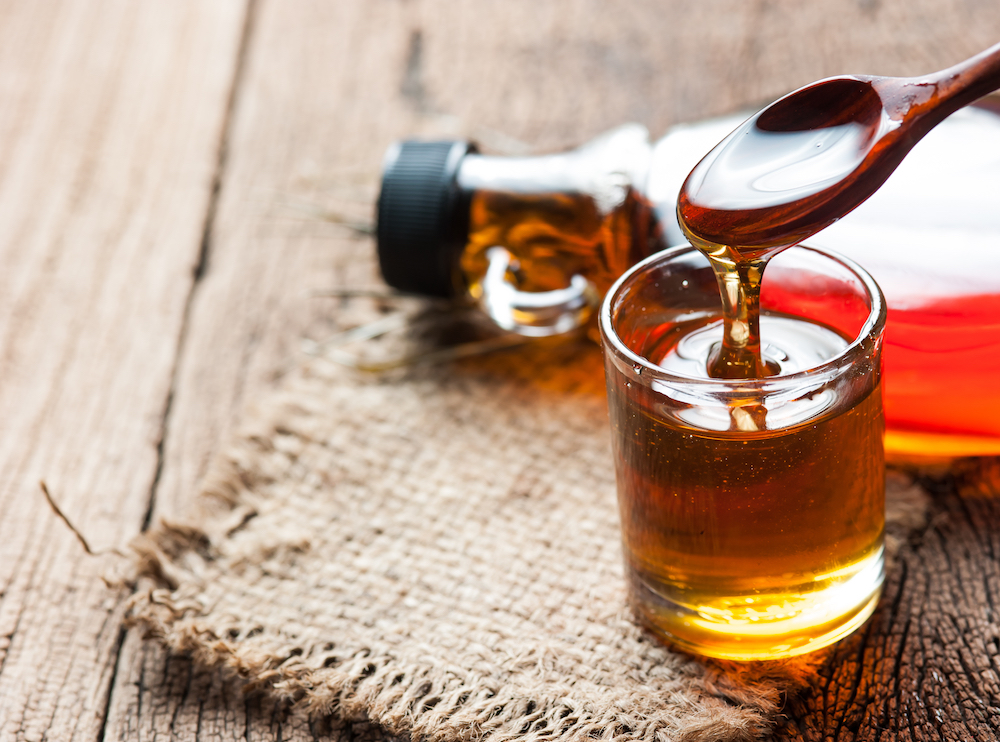
Processed white sugar, or sugar syrup, has no added nutritional benefit directly. Maple syrup, however, is packed with many additional nutrients and minerals. It contains zinc, magnesium, calcium and iron, as well as anti-oxidants, and other minerals.
Tapped from Maple trees, this natural bounty has long been celebrated by Native Americans, who celebrated its arrival, in the Spring, with the first Sugar Moon. Scoring a low GI index, it’s a great sugar alternative, and a favorite in the States, and, Canada.
It’s important to check that you have 100% Maple syrup, and not a blend. There are different state laws, in the US, regarding the percentage of Maple Syrup. Read the labels carefully to make sure.
There are many health benefits to swapping out processed, white, sugar for any one of these, healthier, alternatives.



